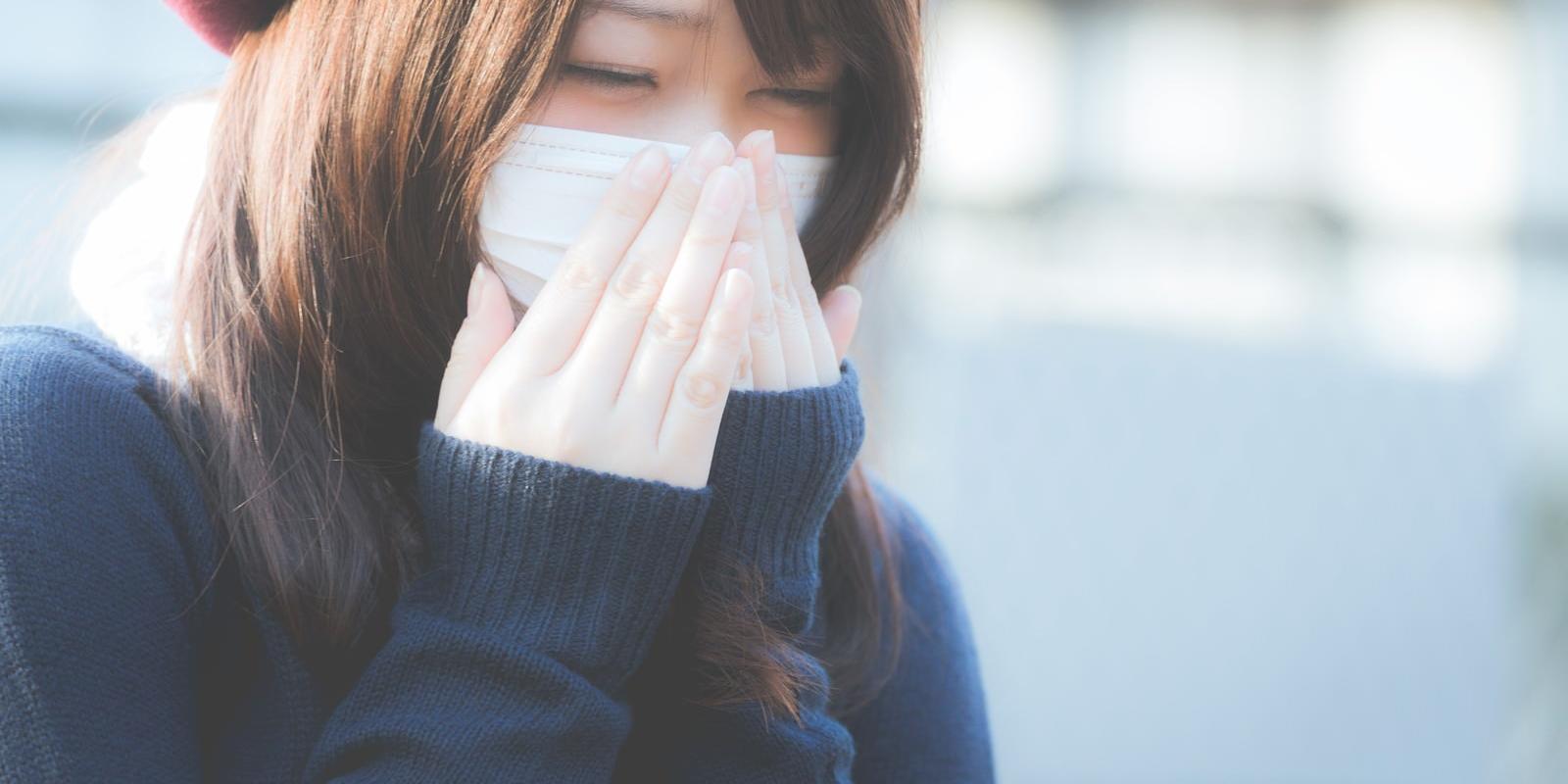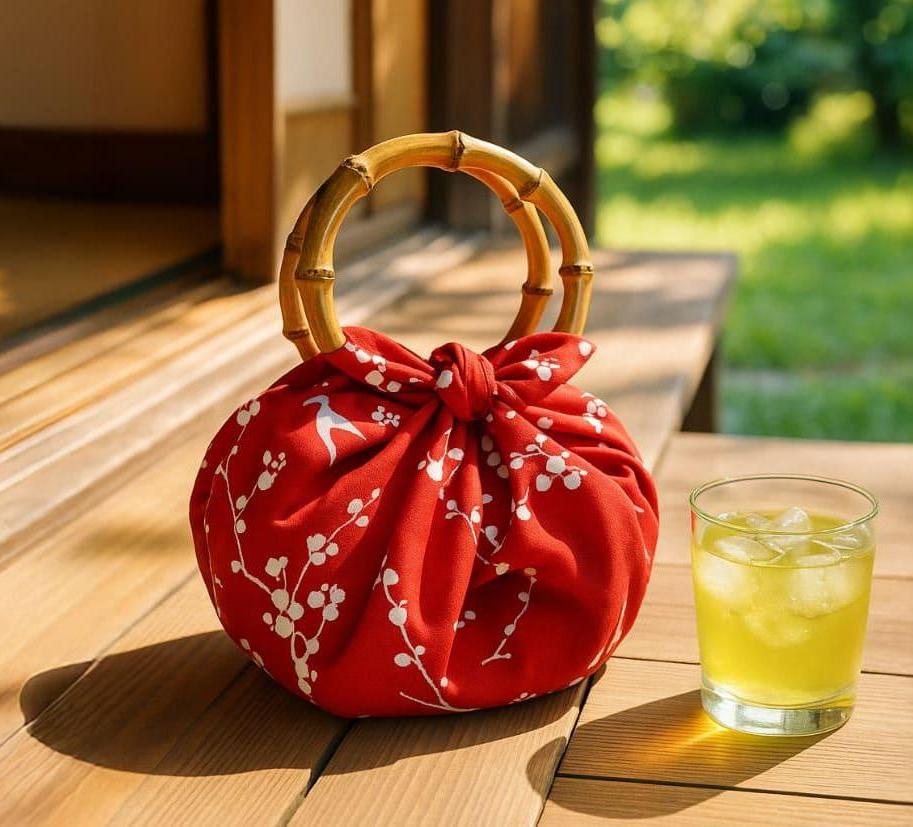I’ve been there myself — falling sick during a trip can be genuinely stressful.
And when you’re in a country where English isn’t widely spoken, that anxiety doubles.
If you start feeling unwell, your safest move is to visit a hospital or clinic.
Trying to self-diagnose or “wait it out” can be risky — especially when your body is acting up in ways you don’t fully understand.
Worried about ending up on some mysterious operating table because of a language mix-up?
Relax. Japan’s medical system is modern, professional, and — believe it or not — quite friendly. You’ll be in good hands.
That said, sometimes you just know it’s not that serious — a mild headache, an upset stomach, or a sore throat from too much karaoke.
In those cases, it’s perfectly fine to pick up some over-the-counter medicine instead.
Buying medicine in Japan isn’t particularly difficult, but you probably don’t want to stand in the drugstore, clutching your stomach, trying to figure out whether that box you just bought is for indigestion or constipation.
So in this article, I’ll walk you through both sides:
- how to visit a hospital smoothly, and
- how to find safe over-the-counter medicine in Japan,
even when English isn’t much help.
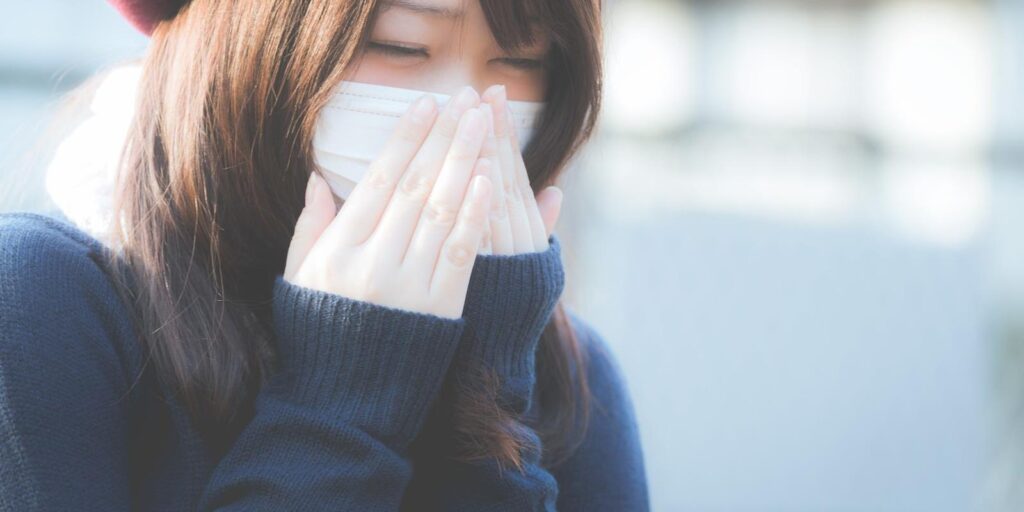
1. How to Find a Hospital or Clinic
1-1. Ask Your Hotel First (It’s the Quickest Way)
If you’re staying at a hotel, the easiest and most reliable option is to ask the front desk or concierge.
(When you’re not feeling well, it’s perfectly okay to let someone else handle things — just remember to say thank you!)
Japanese hotels are used to helping foreign travelers with medical issues.
They can recommend an English-speaking clinic, call to make an appointment, or even arrange a taxi for you.
You don’t need to explain your symptoms perfectly in English.
Just say:
“I’m not feeling well. Could you recommend a clinic?”
In big cities, many hotels even keep a list of trusted hospitals that accept international visitors.
So don’t hesitate to ask — this kind of request is totally normal in Japan.
Note:
If you’re deciding between a clinic and a large hospital, you may want to read this first.
Going straight to a big hospital in Japan can sometimes mean an unexpected extra fee.
→ Why Going to a Big Hospital in Japan Can Cost You an Extra ¥7,000
1-2. If You’re Staying in an Airbnb: Use the JNTO Official Search
If you’re not in a hotel — maybe staying at an Airbnb or guesthouse —
your next best option is the Japan National Tourism Organization (JNTO) website,
which lists hospitals and clinics that officially accept foreign patients.
👉 Guide for When You Are Feeling Ill (JNTO)
This database only includes facilities that offer service in English or other languages.
However, as with many official databases, it’s not very comprehensive,
and the search is limited by prefecture, not by exact city or address.
A small trick:
choose your area (for example “Tokyo”) and then add a keyword like
“Shinjuku” or “Asakusa”
to narrow it down.
The interface feels a bit old-school, but the information is reliable —
and since it’s an official source, you can trust it.
1-3. As a Last Resort: Try Google Maps
If all else fails, Google Maps can still help.
Search using phrases like:
“English-speaking clinic near me”
“Hospital near Kyoto station”
Sometimes you’ll find reviews mentioning things like
“Doctor speaks English” or “Staff were helpful for foreigners.”
Just remember, online reviews can be hit or miss,
so it’s best to treat this option as a backup when nothing else works.
And in the end, when you’re really stuck,
it might just be a total stranger — not an algorithm — who helps you out.
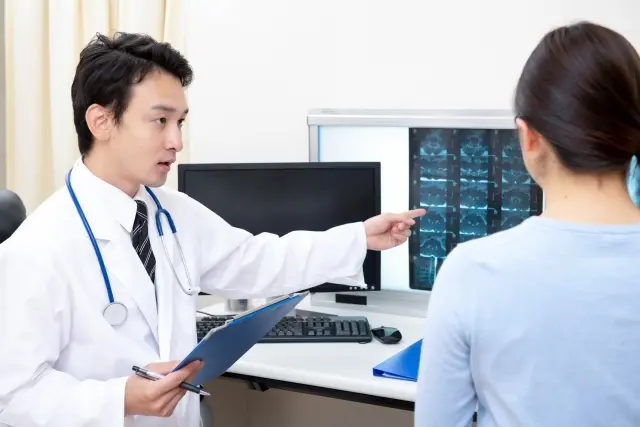
2. How to Buy Medicine at a Drugstore
2-1. A Yakkyoku and a Drugstore Are Not the Same Thing
In Japan, a yakkyoku (pharmacy) and a drugstore are about as different as an orchestra and a garage band.
Both sell medicine, but they play in very different genres.
| Type | What They’re For |
|---|---|
| Yakkyoku (pharmacy) | Handles prescription medicine. Usually located next to clinics or hospitals. More about paperwork than shopping. |
| Drugstore | Sells over-the-counter (OTC) medicine like cold or stomach medicine — plus cosmetics, snacks, even toilet paper. |
If you’re a traveler, you’ll want the drugstore, not the yakkyoku.
That’s where you can buy medicine without a prescription.
💡 Column 1: Japan’s Medicine Rules — You Might Not Be Able to Buy It at Night
Japan has a slightly complicated system for selling medicine.
Over-the-counter drugs are divided into three categories: Type 1, Type 2, and Type 3.
Type 1 drugs (like Loxonin S) can only be sold when a licensed pharmacist is on duty.
So yes —
“I went to a 24-hour drugstore at midnight, but they couldn’t sell me the medicine.”
is a perfectly normal story here.
It’s a system designed for safety, but when you’re sick at 2 a.m., that’s not much comfort.
2-2. How to Spot a Drugstore
Unlike in many Western countries, Japanese drugstores don’t have a red cross or a medical symbol outside.
So if you find yourself wandering around a hardware store for twenty minutes looking for cold medicine, you’ve probably gone astray.
Here’s the easiest way to recognize one:
🧺 If there’s a mountain of tissue boxes or toilet paper stacked at the entrance, congratulations — you’ve found a drugstore.
It almost never fails.
Some of the major chains to remember:
- Matsumoto Kiyoshi
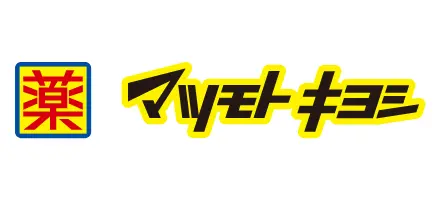
- Sundrug

- Cocokara Fine
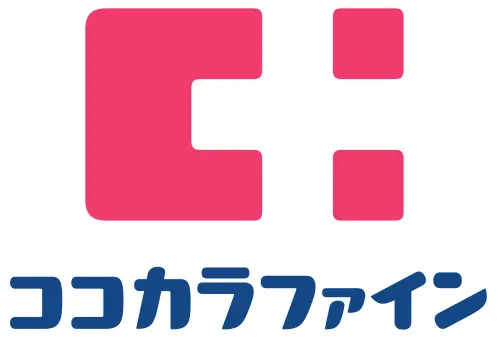
- Welcia
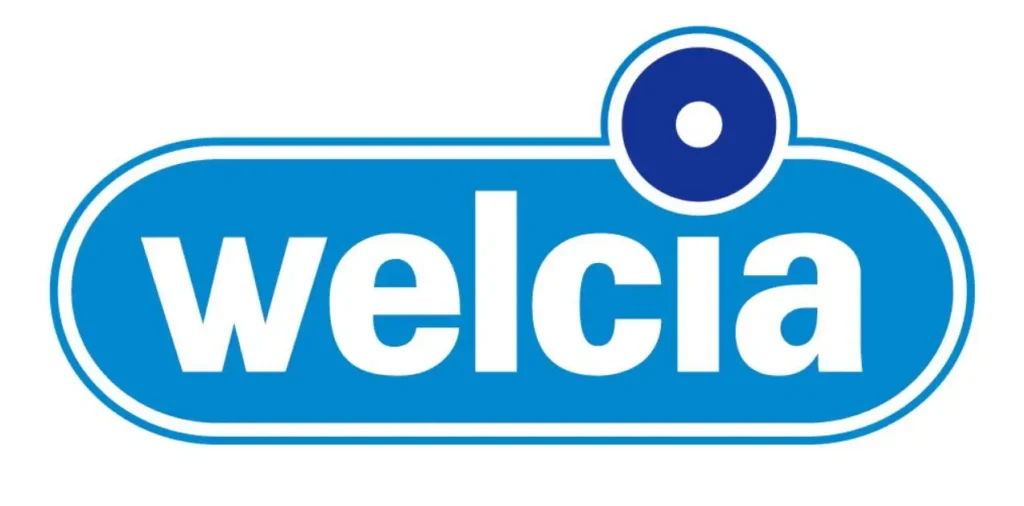
All of them are trustworthy and can be found near train stations, shopping streets, and malls.
2-3. Talking to the Staff
When buying medicine, you can simply tell the staff what’s wrong and they’ll guide you to the right shelf.
If English doesn’t work, a few simple Japanese phrases will save the day:
| Japanese | Romanization | Meaning |
|---|---|---|
| 風邪薬はありますか? | Kazegusuri arimasu ka? | Do you have cold medicine? |
| 頭痛薬はありますか? | Zutsūyaku arimasu ka? | Do you have headache medicine? |
| 胃腸薬はありますか? | Ichōyaku arimasu ka? | Do you have stomach medicine? |
The magic part is “arimasu ka?” — it simply means “Do you have …?”, and works for almost anything.
And if all else fails, pointing to the part that hurts usually gets the message across.
💡 Column 2: Why Japanese Medicine Feels “Mild”
If you’re used to reaching for an aspirin the moment you catch a cold, you might be surprised — aspirin isn’t very common in Japan.
Instead, you’ll find things like:
- Loxonin
- Ibuprofen
- Acetaminophen / Tylenol
All are mild, over-the-counter options.
Japanese medicine tends to prioritize safety over strength, so you might feel it works more gently than what you’re used to.
On the bright side, the risk of side effects is lower.
Japanese cold medicine also works a bit differently — it’s usually an “all-in-one” type that treats multiple symptoms at once,
unlike Western ones that say “for cough only” or “for runny nose only.”
As for allergy medicine, most Japanese products are older formulas that can make you drowsy, while Western brands are often once-a-day and non-drowsy.
If you’re visiting during pollen season, keep that in mind before taking one and heading out to sightsee.
In short, Japanese medicine is built on the idea of “better safe than fast.”
It reflects not just the medical system, but a little bit of the national personality.
3. In Short
Getting sick abroad can be scary — but in Japan, there’s really no need to panic.
Hospitals are clean and kind, drugstores are everywhere,
and even if your Japanese isn’t great, most problems can still be solved.
Of course, I hope you’ll never actually need any of this information.
This article focuses on what to do if you get sick in Japan.
If you are also thinking about travel insurance for your trip, this decision guide can help you understand which questions actually matter:
→ Travel Insurance for Japan: A Decision Guide

